While a responsive and user-friendly website is the cornerstone of ecommerce success and brand authenticity, what’s even more important is ensuring your website remains secured throughout it’s lifecycle. You need to make sure all your personal data on the site, as well as the private information of your customers, is well-guarded. Guaranteeing this is the only way to instill confidence in your target audience and is vital to increase your brand reputation in the industry.
There’s no question that hacking, ransomware, and other forms of cybersecurity attacks have become more prevalent since the past ten years, and they’re not going to stop. This is why it’s imperative that you take all the necessary steps to securing your website, especially when it comes to ecommerce sites where your customers are going to make online payments.
In light of this, we’re going to talk about some powerful ways to make your website bulletproof. So without further ado, let’s begin.
But first…
Taking a Looking into How Websites are Attacked and Hacked
Before you understand how you can protect your website from being targeted by bad actors and cybercriminals, it’s vital that you first understand that there are various types of cybercrimes. Let’s have a look:
- Phishing scams
These are malicious scammers that will pretend to be your website’s customer representation, contacting your customers/clients and use your marketing to “phish” for personal data like credit card information, bank account details, physical addresses, social security number, etc.
- Ransomware
In ransomware attacks, the hacker will gain access to your personal information and/or data and make threats to reveal everything to the online world unless you pay them a ransom.
- Hacking using gibberish content and keywords
If you spot a high volume of auto-created web pages that don’t make sense visually and content-wise, then you’ve been hacked. Hackers deploy a series of keywords and gibberish content to help their shady websites rank high on Google. Once anybody clicks on your website, they will be redirected to that shady website.
- Keywords hacking with Japanese language
This is where you’ll see a bunch of your own web pages filled with nonsensical content in Japanese. Hackers use this technique to sell illegal and shady merchandize online.
- Malware attacks and viruses
This is a complex attack where the criminal will flood your website with malware viruses. You won’t be able to access your website or save your data. In addition, all your hardware will also be rendered useless.
- DoS attack (Denial of Service)
This is another sophisticated way hackers bomb your website with limitless requests, which then overloads the servers, ending up in a crash.
5 Powerful Ways You Can Secure Your Website
1. Get an SSL Certificate for your Website
SSL stands for Secure Socket Layer. It’s a powerful web protocol that encrypts both your web server and browser – securing the link between the two. This means every piece of information or communication between your website and your customer will be protected and secured.
SSL protection is especially necessary for WordPress-based websites and even more so if you’re planning to create an online store. SSL will help add a layer of protection, ensuring none of your customer’s payment data and personal information is accessible by a malicious third-party.
One of the best things about SSL is that you don’t need to be a developer or someone with enhanced technical knowledge to add this security protocol on your website. You can get one from a CA (certificate authority), your web hosting provider, and/or a domain registrar.
2. Frequently Update Your Ecommerce Site
It’s important to understand that cyber criminals keep on using newer ways and techniques to infiltrate the vulnerabilities of any website. This means you need to make sure you’re using up-to-date software to prevent any attacks. The best way to do this is frequently checking your website for newer updates or you could turn on the automatic updates functionality so that you don’t have to check for it every time.
Software upgrades and updates come with newer security patches and countermeasures to protect your website. If you’re using a WordPress site, you can ask your web hosting provider to take care of this for you.
3. Bullet Proof Passwords and Two-Factor Authentication
Hackers typically prey on websites and accounts with easy to decipher passwords – passwords that usually contain the name of the person or website, number sequences, etc. So, the next step to protecting your website is using a strong password. Let us tell you how you can do that.
- Using a jumbled sequence of alphabets and numbers
- Adding characters in between the alphabets and numbers
- Using upper and lower case letters
- Using special symbols, letters, and other symbols
In addition, you can also opt for password manger applications to manage passwords for different accounts.
Why You Must Always Use Two-Factor Authentication
Also known as 2FA, it’s a powerful way to secure the accessibility to your website and other things such as email accounts and whatnot. 2FA acts as a security layer that links the passwords of your email accounts and website with different functionalities such as a text code, retinal identification, and/or face ID.
You can also link your fingerprint with 2FA. Moreover, both your fingerprint and retinal scan can be added to your mobile phone scanner. Now any time a hacker decides to maliciously access your website, they’re going to have to 1) provide a fingerprint and 2) provide a retinal scan. While two-factor authentication isn’t exactly flawless, it is still a powerful deterrent used my many ecommerce websites.
4. Always Back Your Website Data Regularly
Sure, making frequent backups of all the data on your website can prove to be a tedious task, it’s still an important way to ensuring that in case of a cyberattack, system failure, and/or hardware damage, you’ll be able to quickly restore everything back to normal. If you don’t have a backup plan, you’ll constantly be risking data loss including all your settings and customizations. All your hard work will go down the drain.
In addition, you can also plan regular backups of your things like your media and non-media files, website-critical data and files, and databases. You could either manually perform data backups tasks or pay your webhosting provider to do so. Modern web hosting companies offer clients automatic data backup options as well.
5. Run Malware and Anti-Virus Scans on a Regular Basis
Running anti-virus and malware scans on your website on a regular basis is an excellent way of promptly identifying technical issues and threats before they manifest into something uncontrollable. Unchecked complications can result in total damage to your website’s integrity and end up ruining your brand reputation.
The first order of business is to opt for a powerful malware and anti-virus software. There are both free and paid software that you can use. Apart from selecting a reputed security software and/or use addon security plugins and whatnot, you could also ask your web hosting provider to run automatic virus and malware scans. However, automatic scans are largely recommended for non-commercial websites.
Protecting your ecommerce website in a vastly digital business ecosystem isn’t just a recommendation, it’s absolutely important! Neglecting this can result in serious consequences, especially if you’re a up and coming online brand.


